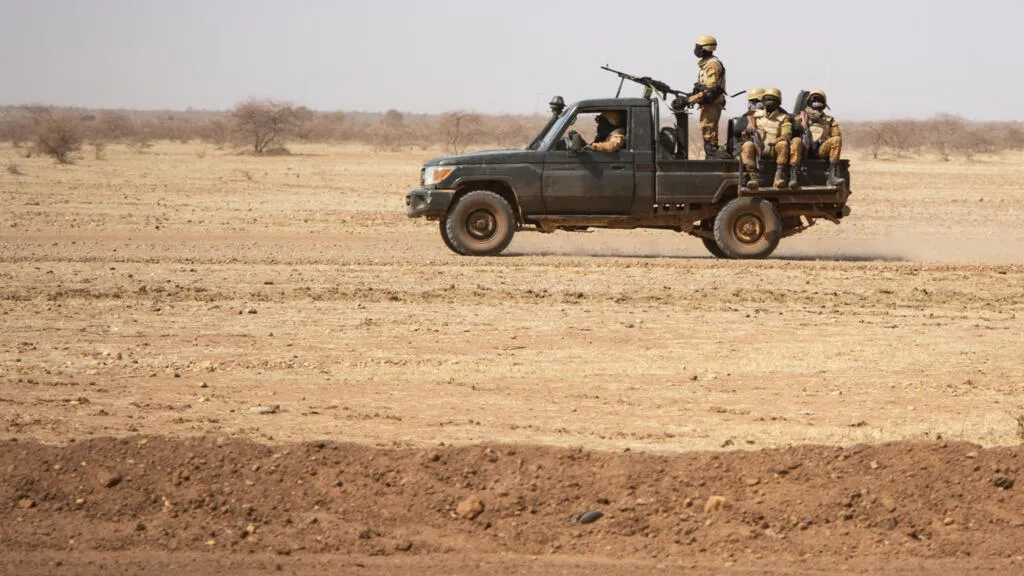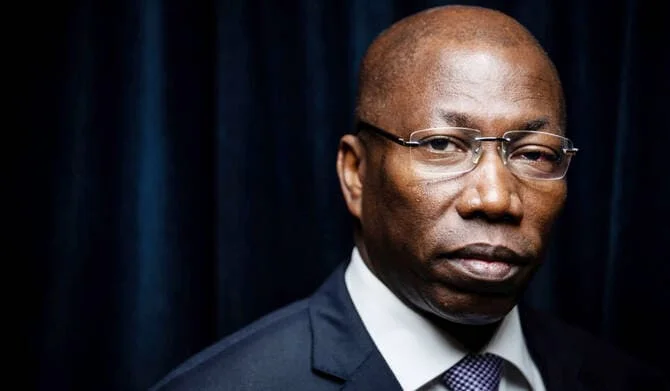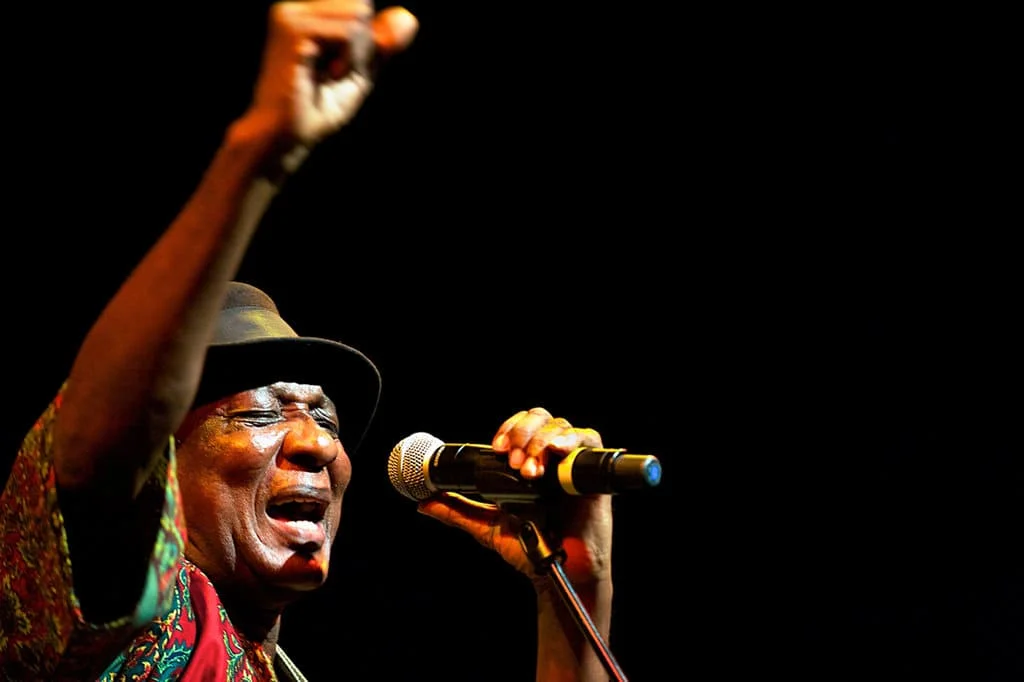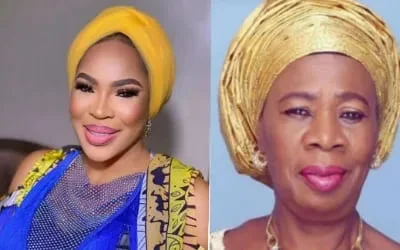A recent report by Human Rights Watch (HRW) has accused Burkina Faso’s military of killing 223 civilians, including 56 children, in attacks on two northern villages, Nondin and Soro. The massacres, described as among the worst military abuses in the country since 2015, highlight a troubling pattern of violence against civilians under the guise of counterterrorism, raising urgent calls for accountability.
Devastating Attacks on Civilians
The killings occurred in Nondin and Soro, where soldiers reportedly targeted residents accused of collaborating with jihadist groups. According to HRW, the military killed 44 people, including 20 children, in Nondin, and 179 people, including 36 children, in Soro. Survivors recounted harrowing scenes of soldiers going door-to-door, rounding up villagers, and opening fire indiscriminately, even on those attempting to flee. The report, based on interviews with 23 witnesses, including 14 survivors, and verified videos and photographs, suggests these acts may constitute crimes against humanity. HRW has urged the United Nations and African Union to support investigations to hold those responsible accountable.
Tirana Hassan, HRW’s executive director, stated, “The massacres in Nondin and Soro are just the latest in a series of civilian killings by Burkina Faso’s military.” She emphasized the need for international assistance to ensure credible investigations, given the government’s failure to address such atrocities.
A Nation Gripped by Violence
Once a beacon of stability, Burkina Faso has been engulfed by violence pitting jihadist groups linked to al-Qaeda and the Islamic State against state forces. This conflict, which began spilling over from Mali, has displaced over 2 million people, more than half of whom are children, and claimed over 20,000 lives, according to the Armed Conflict Location and Event Data Project. Civilians are often caught in the crossfire, targeted by both sides, with most attacks going unpunished due to the repressive leadership of the military junta.
Since seizing power in a second coup in 2022, the junta, led by Captain Ibrahim Traoré, has vowed to curb the insurgency. However, violence has escalated, with nearly half of Burkina Faso’s territory outside government control. Frustrated by limited progress with Western support, the junta severed military ties with France, its former colonial power, and turned to Russia for security assistance, a shift that has sparked regional debate.
Challenges to Accountability
HRW’s report provides rare firsthand accounts from survivors, shedding light on the military’s brutal tactics. Witnesses reported that the attacks followed a jihadist assault on a nearby military base, suggesting the killings were retaliatory. The junta has denied targeting civilians, claiming jihadists often disguise themselves as soldiers, but the lack of transparent investigations fuels skepticism. The government’s censorship of media outlets reporting on these incidents further complicates efforts to uncover the truth.
The scale of civilian casualties underscores the urgent need for international oversight. The junta’s dismissal of HRW’s findings as baseless, coupled with media suspensions, raises concerns about accountability and press freedom. As Burkina Faso grapples with an intensifying insurgency, addressing these atrocities remains critical to protecting vulnerable communities.
A Call for Justice
The Nondin and Soro massacres highlight the devastating impact of Burkina Faso’s conflict on civilians. With international support, investigations could pave the way for justice, offering hope to survivors and challenging the cycle of impunity in the region.






